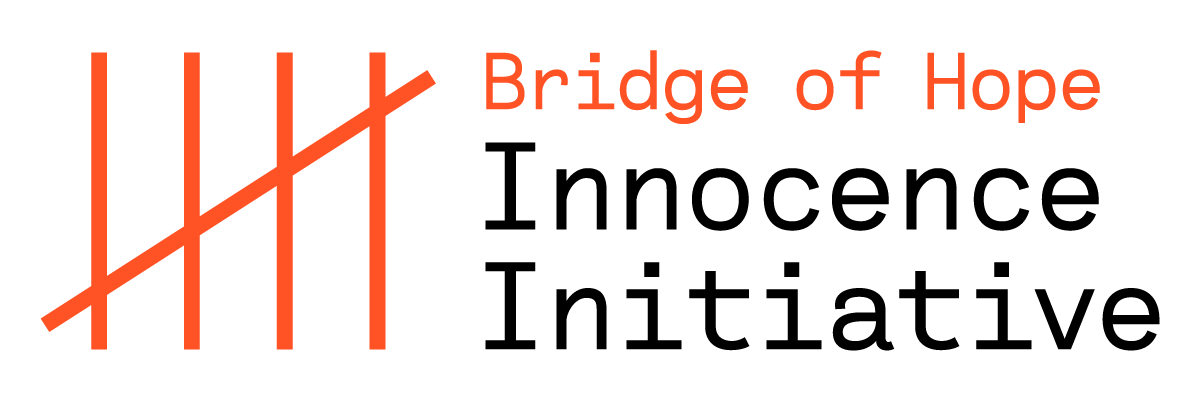Unknown unknowns, disclosure and the Keli Lane case
As US Secretary of Defence Donald Rumsfeld once said in relation to weapons of mass destruction in Iraq:
There are known knowns; there are things we know we know. We also know there are known unknowns; that is to say we know there are some things we do not know. But there are also unknown unknowns—the ones we don't know we don't know.
Underneath this garbled explanation is a key point on the nature of evidence in criminal trials from a defendant’s perspective: there is evidence that makes you look bad, evidence that makes you look good and evidence you don’t even know about.
Not knowing evidence impacts the basic right of every defendant to receive a fair trial. It’s why police and prosecutors have a comprehensive duty of disclosure to alleviate the stark imbalance in resources that exists.
However, as Innocence Initiatives academics Michele Ruyters, Greg Stratton and myself noted last year – it’s hard to know how frank police and prosecutors are being when it comes to evidence, and this poses a real risk of wrongful convictions.
The Keli Lane Case
As seen in ABC’s Exposed docu-series, one of the Innocent Initiative’s applicants is Keli Lane – the former water polo player who was jailed in 2010 for killing her baby daughter Tegan two days after giving birth.
Ms Lane has maintained her innocence and claimed she gave Tegan to the child’s biological father.
As part of Innocence Initiative and ABC investigations it has been noted that there are key gaps in the evidence disclosed to the defence in Ms Lane’s case by NSW Police.
In particular, NSW Police secretly recorded thousands of Lane’s conversations via phone intercepts and listening devices between 2004 and 2008 – most of which were never disclosed to the defence.
The Innocence Initiative is now working through legal options to access the undisclosed material. NSW Police has refused all attempts to access the material through freedom of information requests. As such, Michele Ruyters has now applied to the NSW Civil and Administrative Tribunal on Ms Lane’s behalf for a review of that decision.
Why It Matters
Most of the evidence gathered during police investigations is of little relevance to proving or disproving guilt. Nevertheless, only through close deciphering of evidence by prosecutors and defence lawyers can that judgment call be made.
In the 1995 wrongful conviction of Andrew Mallard, it was revealed that the prosecution had not disclosed crucial evidence to the defence which indicated Mallard’s innocence.
Mallard spent 12 years in prison before being exonerated when another man’s palm print was found during a cold-case review. He was later given an A$3.25 million compensation payment by the WA government.
Only through a clear and transparent process of investigation and prosecution can we ensure that justice is served in criminal trials.
Written by Jarryd Bartle (May 9, 2019)
